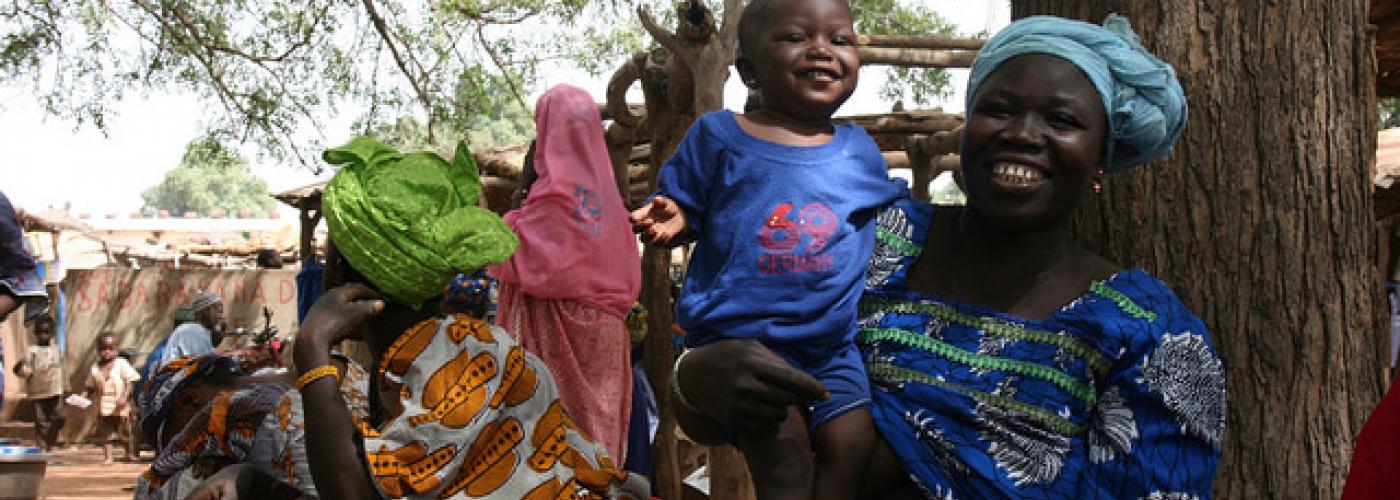UNCDF Publication: 'Labour Pains: Discovering the Financial Lives of Zambian Mothers'
Image

This resource highlights research from the Mobile Money for the Poor (MM4P) program at The United Nations Capital Development Fund (UNCDF).
Introduction
While some consider the birth of a child and the beginning of motherhood a precious gift and experience, it is often more complicated. Motherhood frequently begins with labour pains and the difficulties can extend over a lifetime as women face complex financial decisions that are pivotal not only to their own lives but to their children’s and families'. Despite the important roles that mothers play in households across geographies and income levels, Zambian women are largely excluded from the formal financial system—with only two out of five women having access to any type of formal financial service there. Gender barriers are deeply rooted in social and cultural norms that dictate roles and relationships, power and decision-making dynamics within households, access to resources, inheritance of assets, educational attainment and economic potential. While not a panacea, it is well documented that enhancing access to and development of digital financial services (DFS) plays an increasingly prominent part in smoothening gendered inequities and aiding women to realize their economic potential.
'Labour Pains: Discovering the Financial Lives of Zambian Mothers’ summarizes research conducted by the UN Capital Development Fund (UNCDF). Based on the hypothesis that Zambian mothers constitute a unique user group similar to farmers, refugees or small-business owners and the reality that three in four Zambian women are mothers, UNCDF sought to learn more about this segment across income levels, age groups and geographies and deepen its knowledge of and enhance the data on Zambian mothers’ financial behaviours. The report pays particular attention to low-income mothers. This focus is consistent with the mandate of UNCDF to improve access to financial services for low-income populations in its focal countries, but it also addresses the facts that, of the 59% of Zambians who are rural inhabitants,3 76% are considered low-income4 and 36% experience teenage pregnancy. 5 By better understanding their specific financial and non-financial needs and challenges, providers can develop and refine DFS to better meet their unique requirements.
Key findings from the research highlight discrepancies as well as commonalities in access, use, behaviour, barriers and challenges between rural and urban users and among income levels and age groups. Most mothers involved in the research clearly valued education, used and understood simple budgets, had multiple means of income generation that were sporadic and changed over time, and aspired to improve their economic well-being. All mothers supplemented their salaried or unsalaried jobs with informal sector work like selling food or worked part-time in the formal sector. Teen pregnancy was common across all income levels, and all teen pregnancies were unplanned.
The full publication of 'Labour Pains: Discovering the Financial Lives of Zambian Mothers' is available to read and download online.

